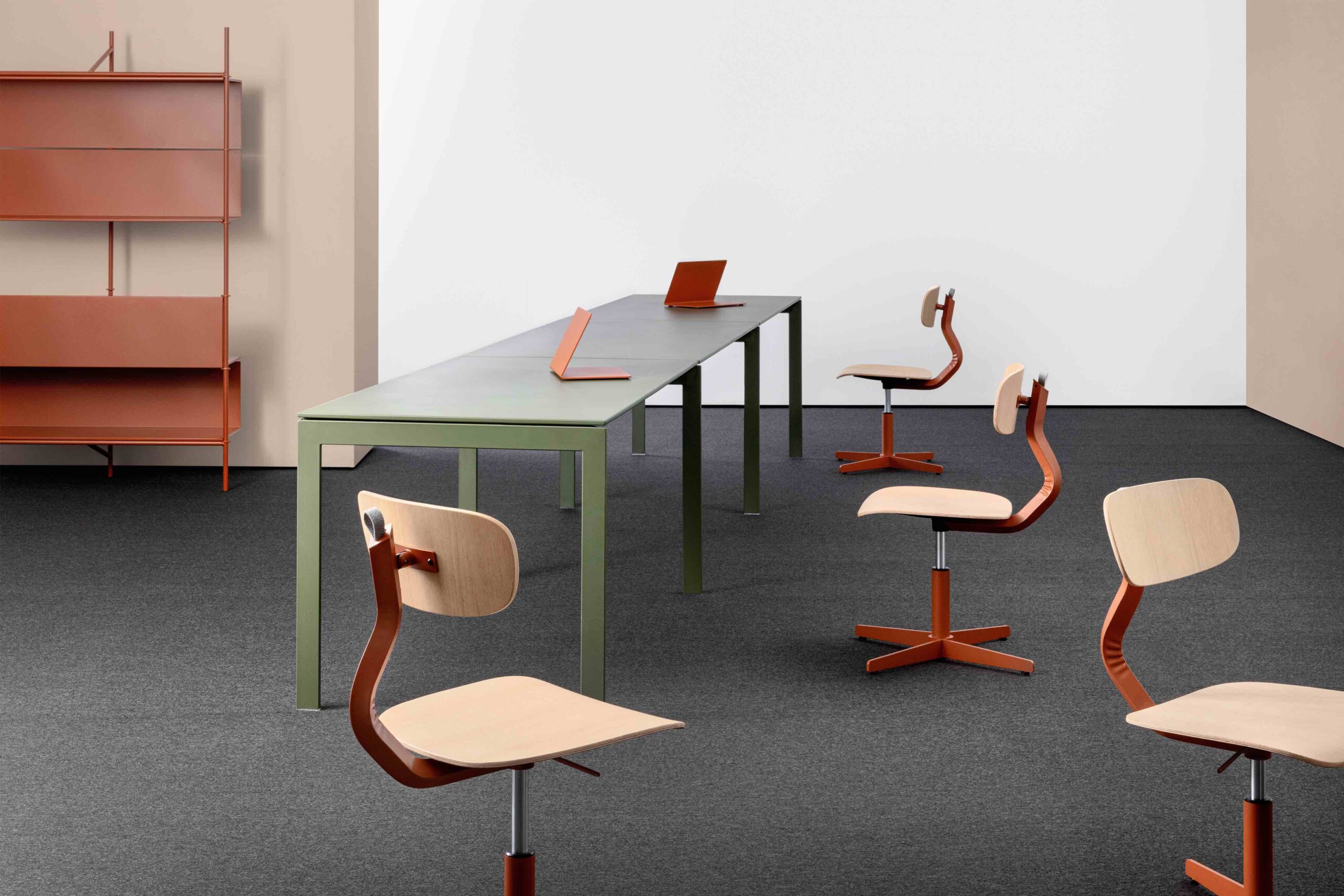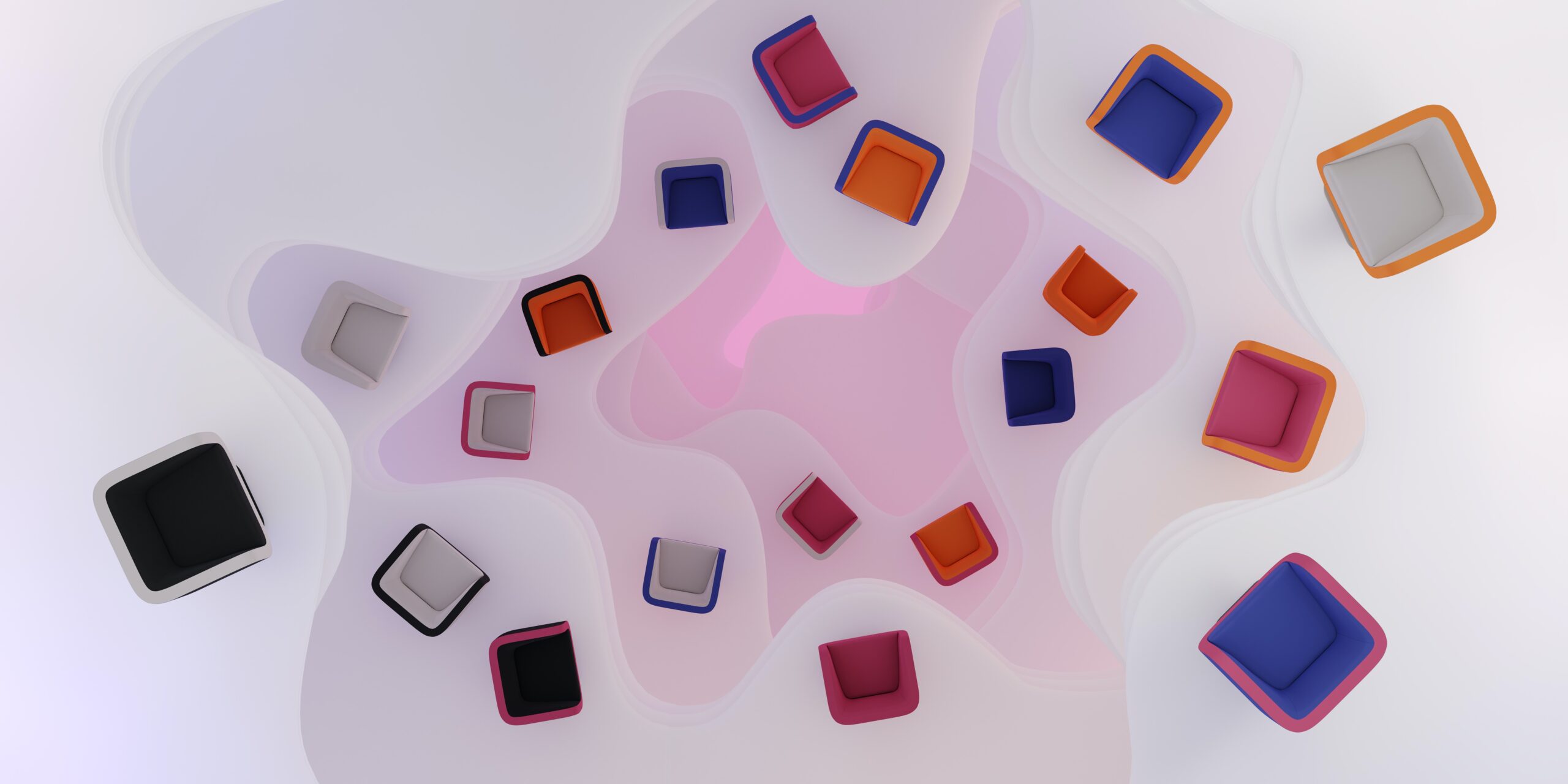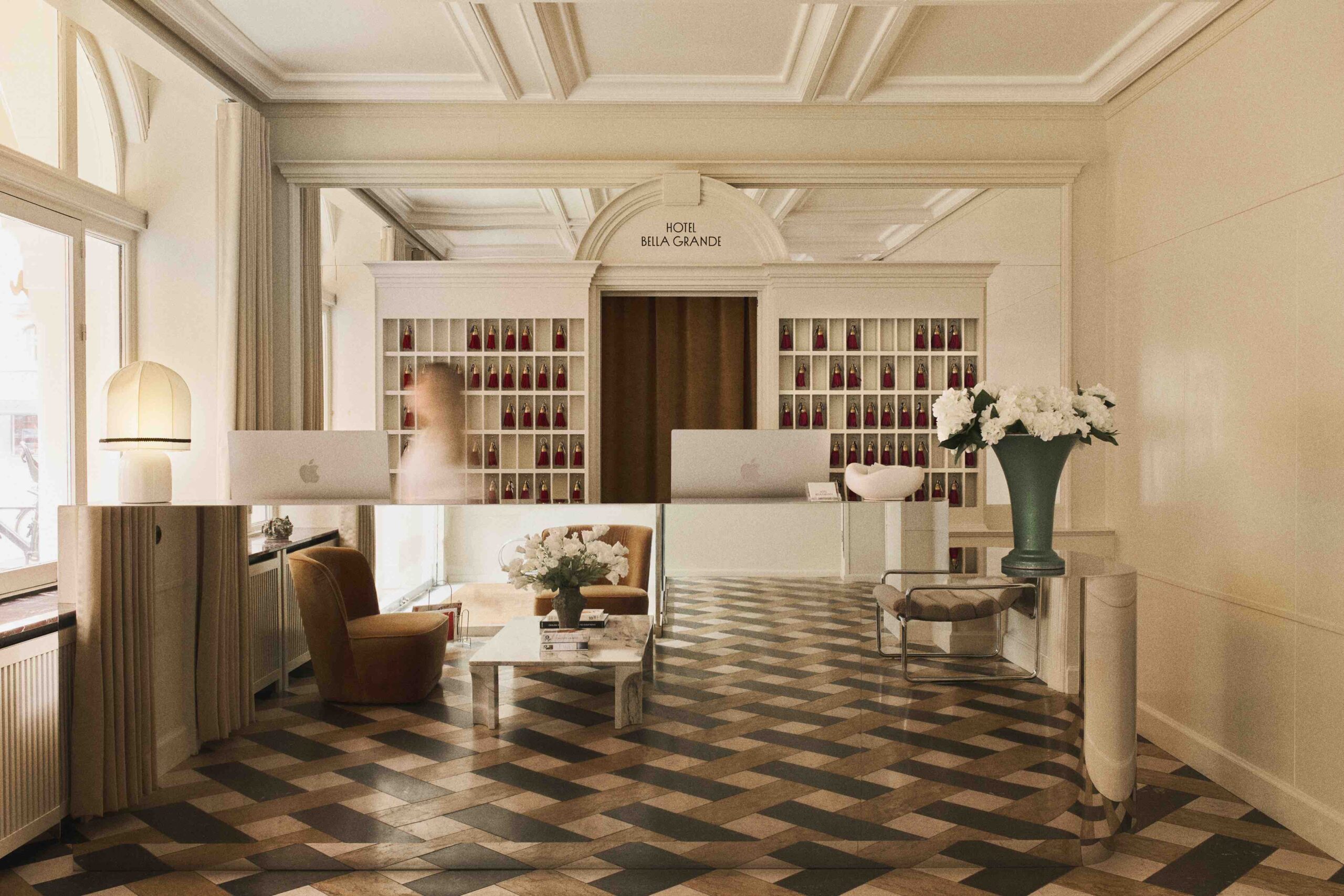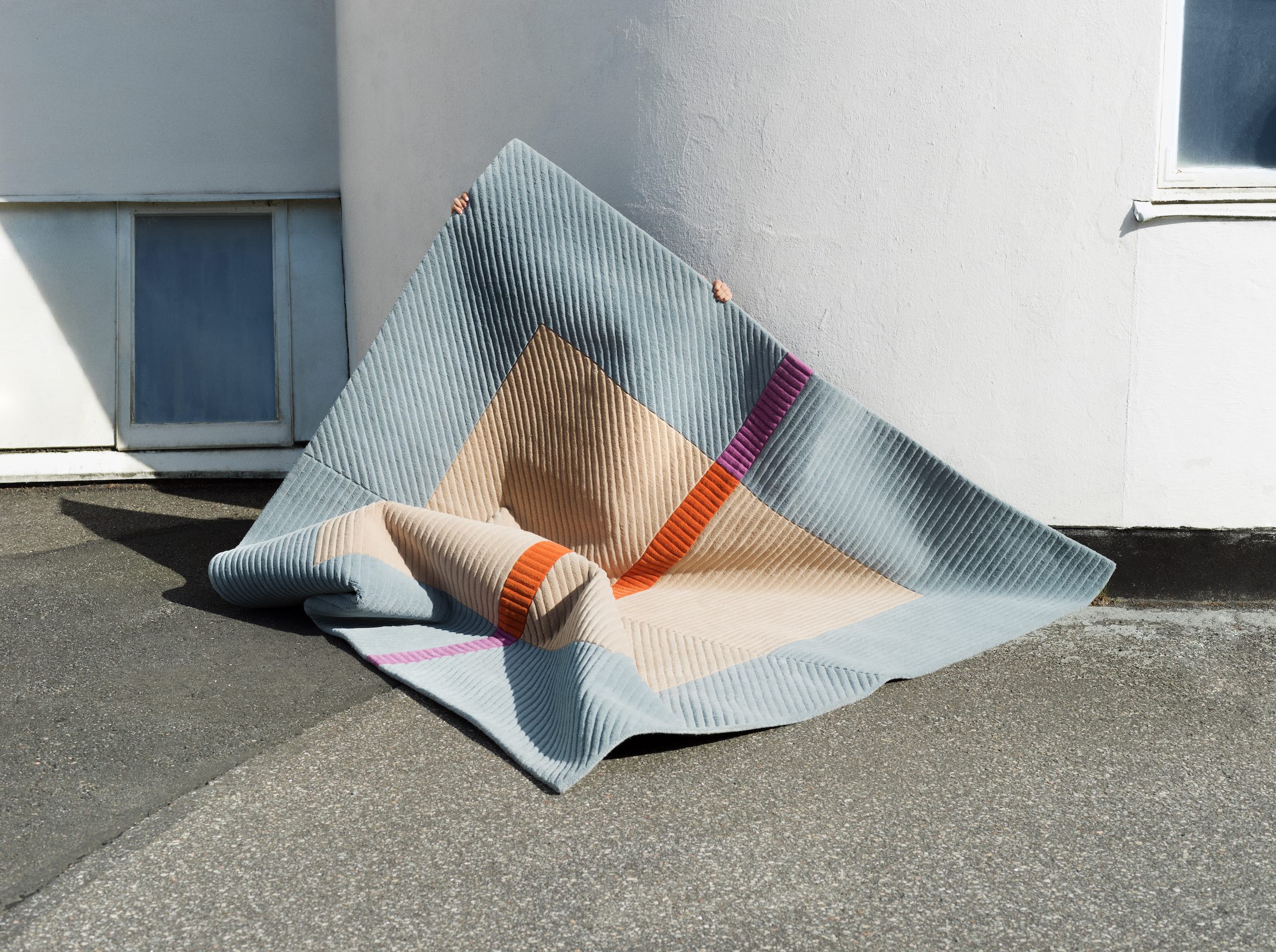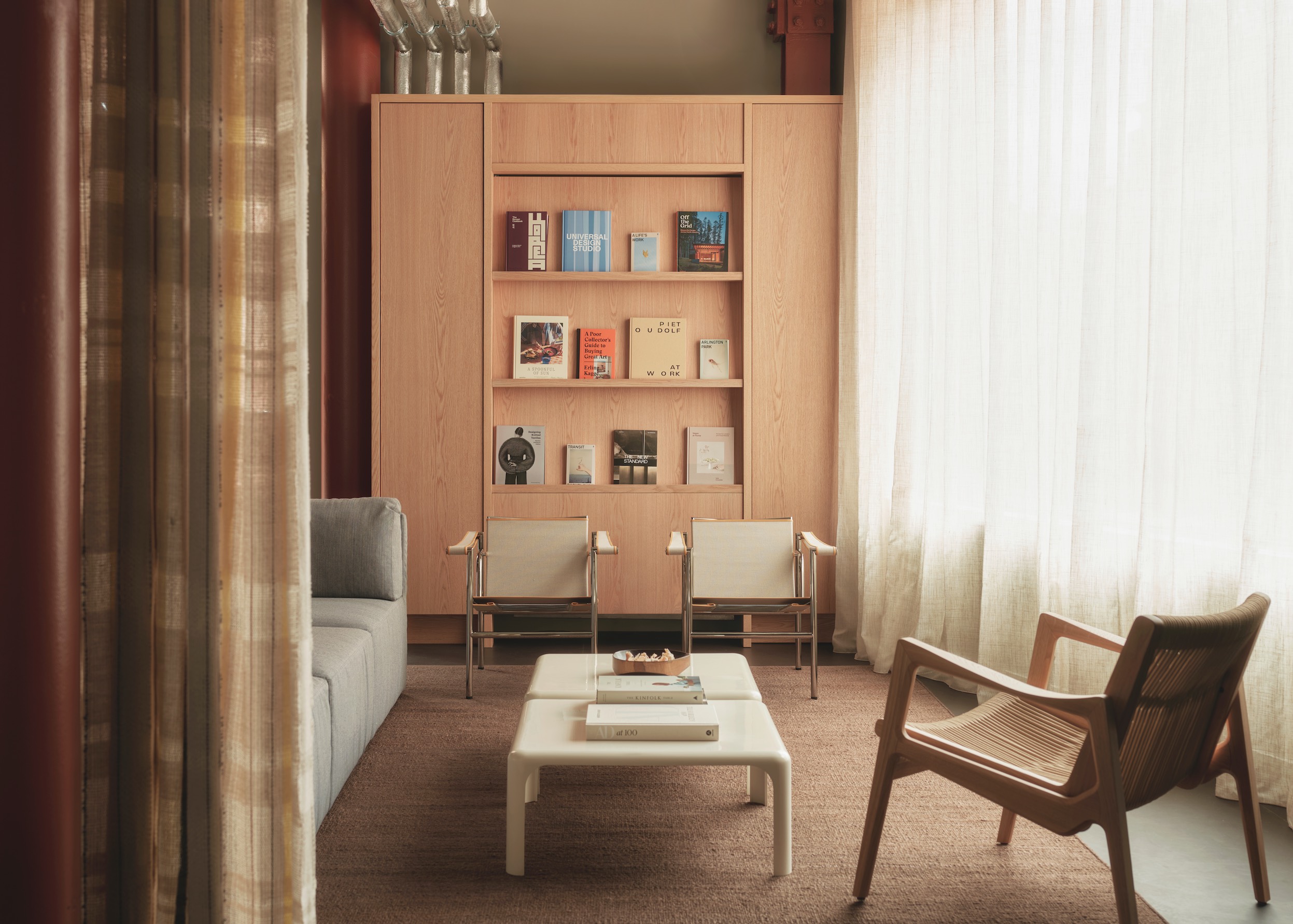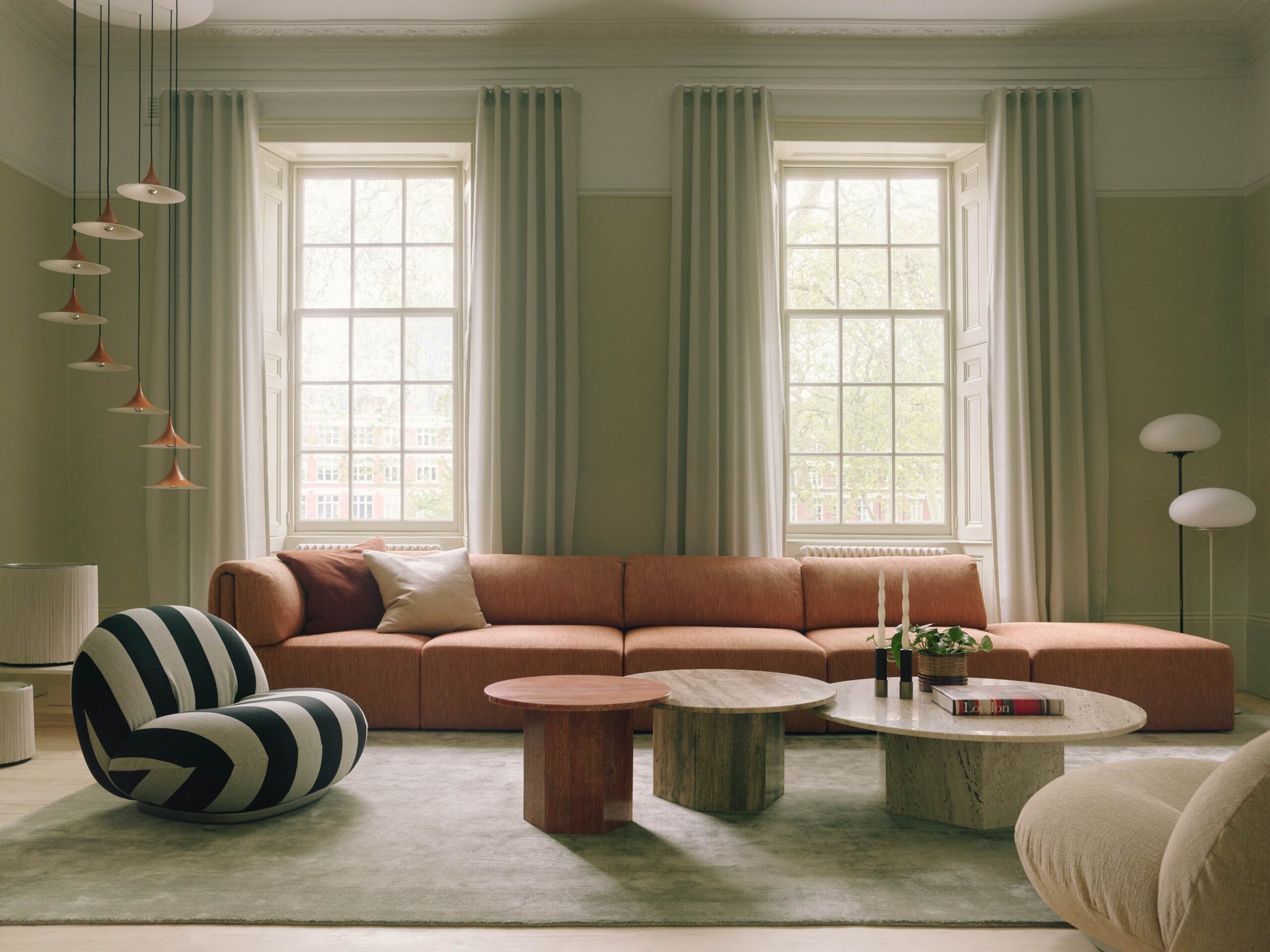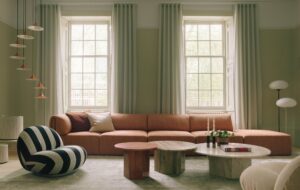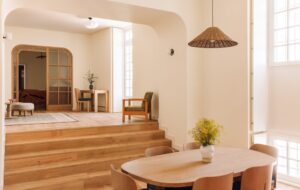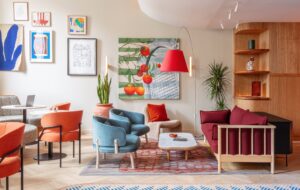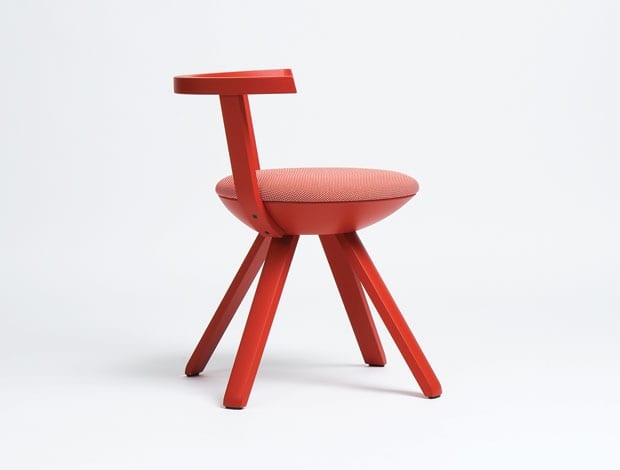 |||
|||
Forever linked with alvar aalto’s modern scandi aesthetic, artek’s chair prods it in a new direction
Superficially, Artek’s Rival chair is straightforward enough. Designed by Konstantin Grcic and launched last year, its four splayed legs are milled from a single piece of solid birch, while its back and armrests are made from saw-cut birch lamella. It’s easy to see how the various elements are attached to make the finished product. It comes in either a low- or high-backed option, with four different colours – Asphalt, White, Red and Natural – and a variety of upholstery finishes for its circular seat.
Culturally, though, this is a really interesting piece. The clue is in its title. The name Rival, says Grcic in the official blurb, “is not about competition, but about self-confidence. The Rival stands astride the strong history of Artek and Alvar Aalto. It doesn’t hold back, but proudly says: ‘This is how we make furniture today’.”
The designer has form for taking on Modernist classics.
In 2009 he accepted the (one would imagine rather intimidating) challenge of refining and updating Marcel Breuer’s tubular steel furniture in a collaboration between Muji and Thonet. And a fine job he made of it too. With Artek, the Finnish company founded by Alvar and Aino Aalto, Nils-Gustav Hahl and Maire Gullichsen in 1935, I suspect the job was about creating a product that sat comfortably in the company’s renowned portfolio, but at the same time propelled the brand forward.
While hugely respected, Artek couldn’t really be described as cutting edge for the best part of 80 years. Despite efforts from the likes of Shigeru Ban and Enzo Mari, it is inextricably linked with the work of its co-founder. And while there is no denying the importance of products such as the Model no 41 lounge chair to the history of contemporary design, perversely you sense it can also become something of a yoke, chaining the brand to a particular era, aesthetic and material palette.
As Charlotte and Peter Fiell point out in their book, Scandinavian Design: “Artek furnishings are completely synonymous with the Modern Scandinavian interior and are distinguished by simple organic lines and warm natural materials that give a sense of homely practicality.” There’s nothing wrong with that of course, but it can become constricting.
Rival certainly isn’t a revolution but it has a whiff of zeitgeist. For a start, it’s hard to put your finger on which environment it should be specified for. The fact that it swivels suggests it’s meant for the office but then there’s no height adjustment – so it’s for home working then? Artek plays a straight bat to the question, seeing it “by itself at home, in a group around a table or multiplied in a restaurant”.
In keeping with any number of products that I have written about in this column, the low-backed version that I tried wasn’t especially comfortable either. Again, Grcic has something of a track record here: his 360˚ seat for Magis was bum-numbing to sit on and was instead intended to encourage users to move and fidget. He once told me he has long been interested in “the uncomfortable comfort or the comfortable uncomfort”, in which case this chair represents another chapter of his exploration.
Intriguingly, too, the product was started before Vitra purchased Artek in 2013 and, according to a filmed interview that Grcic gave DAMn magazine, it seems the new owner brought its engineering expertise to bear in the swivel mechanism that’s contained under the seat. Undoubtedly there’s certainly synergy between the pair. I tested the chair in Vitra’s London showroom and products from the two companies sit happily cheek-by-jowl. Aesthetically they seem a fine match.
Priced between £484 and £558 depending on the finish, Rival is an elegant chair that won’t change the perception of the brand completely but, instead, promises to subtly prod it in a new direction. Which I fancy was Grcic’s aim all along.

